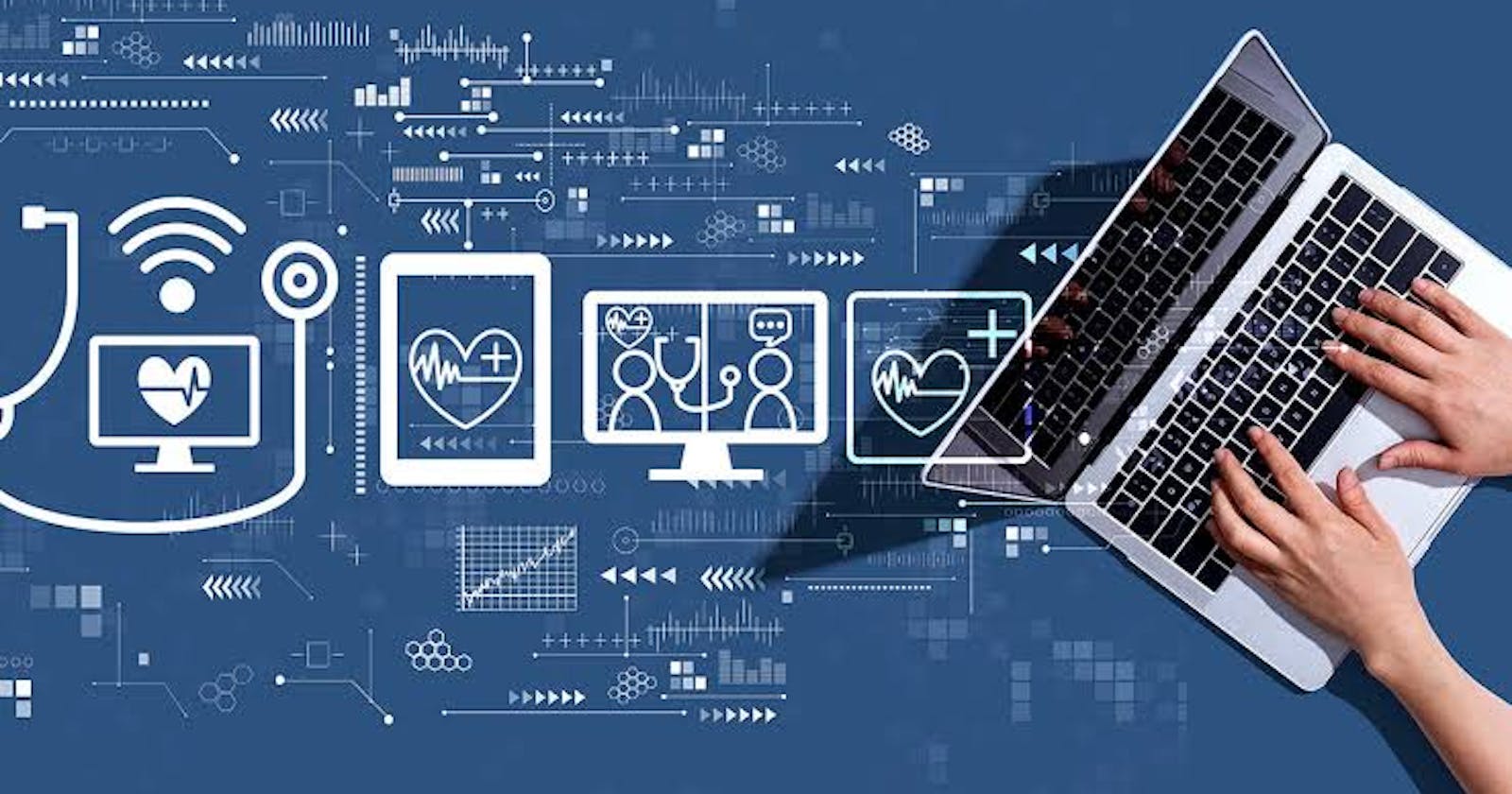One line of code at a time: How Artificial Intelligence would be revolutionary for the healthcare social problem
On a personal note, two things that stood out from my first entry into the #4articles4weeks writeathon were the descriptions of my childhood and where I grew up. In short, my childhood was one of dreams (i.e. dreams for a better life for myself and the society at large) and the society is one where poor healthcare infrastructure is the order of the day amongst majority of the populace. This makes the possibility of having Artificial Intelligence revolutionize the healthcare system one that piques my interest.
Although Artificial Intelligence (AI) has the ability to transform every industry around the world, in my opinion, it has shown that it has the potential to radically alter the field of healthcare like no other field. Be it the ability to analyze data on patient visits to the clinic, the medications prescribed, results from lab tests, the procedures performed or perhaps, being able to scrutinize health system such as social media, purchases made using credit cards, census records and internet search activity logs that contains valuable health information, one can just get the sense of how AI could transform patient care and diagnoses. From wearable trackers to mental health chatbots to AI-based cancer screening, Artificial Intelligence has made such remarkable strides in healthcare that it not only supports clinicians in decision making and accurate diagnosis, however, it also comes in handy in disease treatment and individualized healthcare delivery.
It is impossible to overstate how much the global pandemic contributed to the advancement of the medical field. During the pandemic, demand for virtual and technologically enabled services like telemedicine and remote patient monitoring changed from being driven by urgent needs to becoming the new norm. It goes without saying that the COVID-19 epidemic caused significant direct and indirect disruptions in the health care system. In all, rapid dynamic swings in demand, capacity, and even contextual factors of healthcare were brought on by this upheaval. Therefore, the traditional face-to-face patient–physician care model had to be re-examined in many countries, with digital technology and new models of care being rapidly deployed to meet the various challenges of the pandemic.

At the onset of the COVID-19 pandemic, one thing must have been top-of-mind for everyone was how to adapt strategies to the evolution of technology. I say this because if there was one thing we knew for sure during that period of uncertainty, it was that the world wouldn’t come out of the pandemic thinking about technology (especially with respect to healthcare) the same way. The most eye-catching of these changes has to be the acceptance of AI in medicine and healthcare as a growing prospect. The 19th century philosopher, William Shedd once said; “A ship in the harbor is safe, but that is not what ships are built for.” In other words, technology of high potential is of little value if the potential is not exploited. As the shape of the 2020s is increasingly defined by the coronavirus pandemic, Artificial Intelligence in medicine is like a ship loaded with technology that has a huge capacity for transforming mankind’s combat against infectious disease, but it was still moored safely in harbor, at least until the pandemic. Overall, there is a general sense of transformation, innovation, and connection that’s happening across the healthcare industry. Some of it occurred before the spread of COVID-19 however, the coronavirus was a catalyst that accelerated the process.
Right from time, AI has been involved in many different parts of scientific research. Literatures have shown that AI is promising in solving complex problems in many applications, particularly in areas with large amounts of data. With each passing year, healthcare, like every other field will become increasingly dependent on artificial intelligence and the safe and effective advancement of this technology in turn, depends on the work of Artificial Intelligence Engineers. As a discipline, it stretches across many different areas of unmet needs - from remote diagnostics to precision therapy. Ergo, its immense prospects. The future of medical AI is one where it can be used for disease classification and sensor data classification – such as whether a patient has a certain heart rhythm or not based on the data that comes from their watch. The future of medical AI is also one where AI is used intelligently by clinicians and in a way that augments their abilities to make better, more accurate, and faster diagnoses. The future of medical AI is also one where it is used to parse through large reams of medical information and clinical guidelines to get the data they need to come to the right answers and treatment pathways for their patients
All these set the tone forat is set to be the next revolution in the tech industry. Against the darkness of the COVID-19 storm, a flickering light gives glimpses of the power of data and digital tools to protect and improve health and wellbeing and inspire hope of what is to come. The monumental challenges brought about by the COVID-19 pandemic have forced the healthcare industry to think creatively to develop the best and most efficient solutions, systems and processes to help clinical research deliver safe and effective treatments to the public faster. As a result, many medical companies are now looking to build on this momentum and retool their approach. They are eager to take advantage of all available resources, technologies and digital capabilities, to execute their clinical trials with greater speed and quality. While COVID-19 is the greatest global health challenge to emerge in a generation, it has the tone for a plethora of previously unmet medical needs to be met soon enough.
Of course, there are several unprecedented ethical concerns related to its practice. These concerns include but is not limited to data privacy, automation of jobs, and representation biases. What we would see is that AI would move into areas of messier and less structured data (i.e. looking at prediction, looking at taking unstructured electronic health record data and trying to tackle large enterprise problems in healthcare). Although AI works well for some things like image detection, the major challenges include implementation and adoption of payment models, scaling these across healthcare systems, getting cultural institutions and clinicians to buy in, and figuring out where AI will sit in augmenting the intelligence of a clinician versus an independent diagnostic that runs on its own. That is a graded process that will come through time with ongoing validation testing and regulatory approval. Other challenges with AI include recognizing that it has limitations. Right now, AI doesn’t work where labels aren’t well defined, the quality of the training data isn’t good, or where the problem inherently is not solvable deterministically by the data you possess. I think we need to continue to maintain the humility to understand where it’s going to work well, where it doesn’t, and how it complements what we already do well in healthcare. However, if there is one thing we know for sure, it is the fact that artificial intelligence can and will be revolutionary in healthcare and medicine.
